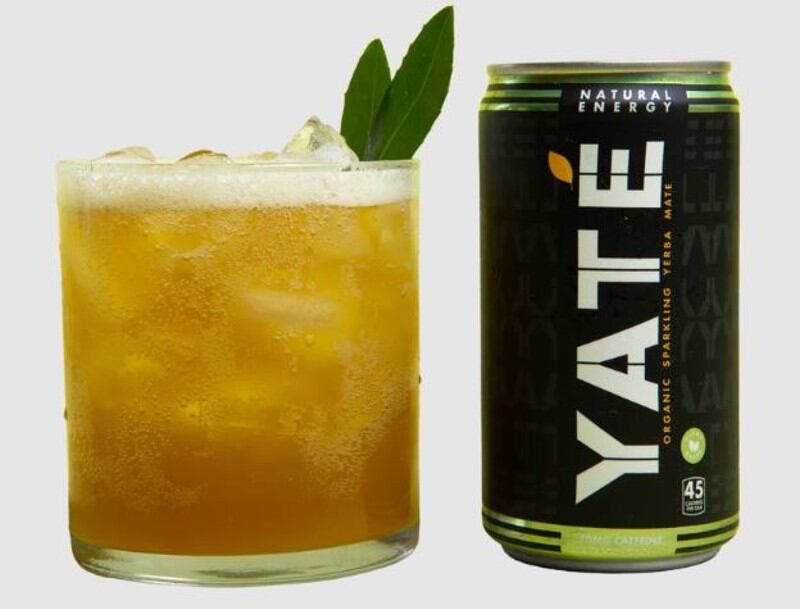Yerba mate is a tea with a caffeine content that sits just below coffee, and is known to help boost concentration, focus and reduce blood pressure.
Although traditionally consumed in South America, over the past few years this superfood has gained recognition as a stimulant in many regions including the United States.
This was compounded with its high-profile consumption by football stars Cristiano Ronaldo and Lionel Messi as well as the latter’s recent FIFA World Cup championship win.
Despite its high caffeine content, yerba mate’s energy is provided in what has been described as an ‘extended arc’, opposed to sugary energy drinks or coffee’s ‘peak-and’crash’. It is also said to remove common side effects like jitters or anxiety.
“There is a lot of extensive research that has been conducted on yerba mate’s benefits, including its high levels of antioxidants, vitamins, minerals, amino acids and more that can promote cardiac and digestive benefits,” YATÉ Co-Founder Eric Hoang told FoodNavigator-Asia.
“But with its trending popularity as a superfood, yerba mate has been given a very ‘granola’ branding that focuses solely on the health and superfoods aspect, and is barely ever associated with fun or social occasions – and this is very much a white area we observed.
“YATE looks to cater to younger consumers that want sustained energy particularly in a social and nightlife sense, so it is a caffeinated tea they can consume for energy to party and dance for longer and so on – and at the same time it is also a natural plant-based option that is functional and better-for-you being low-sugar and low-calorie, as well as a suitable alcoholic alternative as it pours like a lager to give consumers that feeling of inclusivity.”
Given this, the brand is looking to differentiate itself from the conventional extreme sporting areas that big energy drink brands like Red Bull tend to focus on, but instead look to establish itself in the music and nightlife scene.
“We are very clear that we want the brand to be closely associated with music, musicians, DJs and the like as opposed to athletes,” he added.
“The commercialisation strategy is to establish a name for YATE in the social scene first, then move to off-trade from there. In this, we also see that the markets with the most potential in this regard do not just lie in places like the US or Europe, but also in South East Asia.
“This is particularly so for places with a younger population such as Indonesia and Vietnam who just want to go out and have a good time – and want the energy to sustain that social interaction – as well as places that have a lot of energy drink consumption and want an alternative that is healthier.
“Such is our confidence in this that we have actually trademarked our brand as well as our slogan ‘Social Energy in multiple markets in this region including Singapore, Indonesia, Vietnam as well as a bit further out in Hong Kong.”
YATE’s holding company is incorporated in Singapore, highlighting its plans to focus on the South East Asian market, but the team is also building its brand in the United States.
Global approach
Unlike many other firms who believe localisation is key to cracking individual markets, YATE believes in taking a global approach to its commercialisation due to the nature of its product and the demographic it is targeting.
“The number one thing is brand awareness and making it clear to consumers that this is a product catering to the nightlife consumption occasion,” said Hoang.
“This is primarily due to the close association yerba mate has had with the messaging of just being healthy or protecting the rainforest and so on, so even with its popularity in a city like California as a superfood, no one knows to make that association with energy for nightlife or socialising.
“So what we are looking to do is much less market-to-market but instead to focus on getting this messaging and branding out globally, as it is important to get that awareness out there.”


